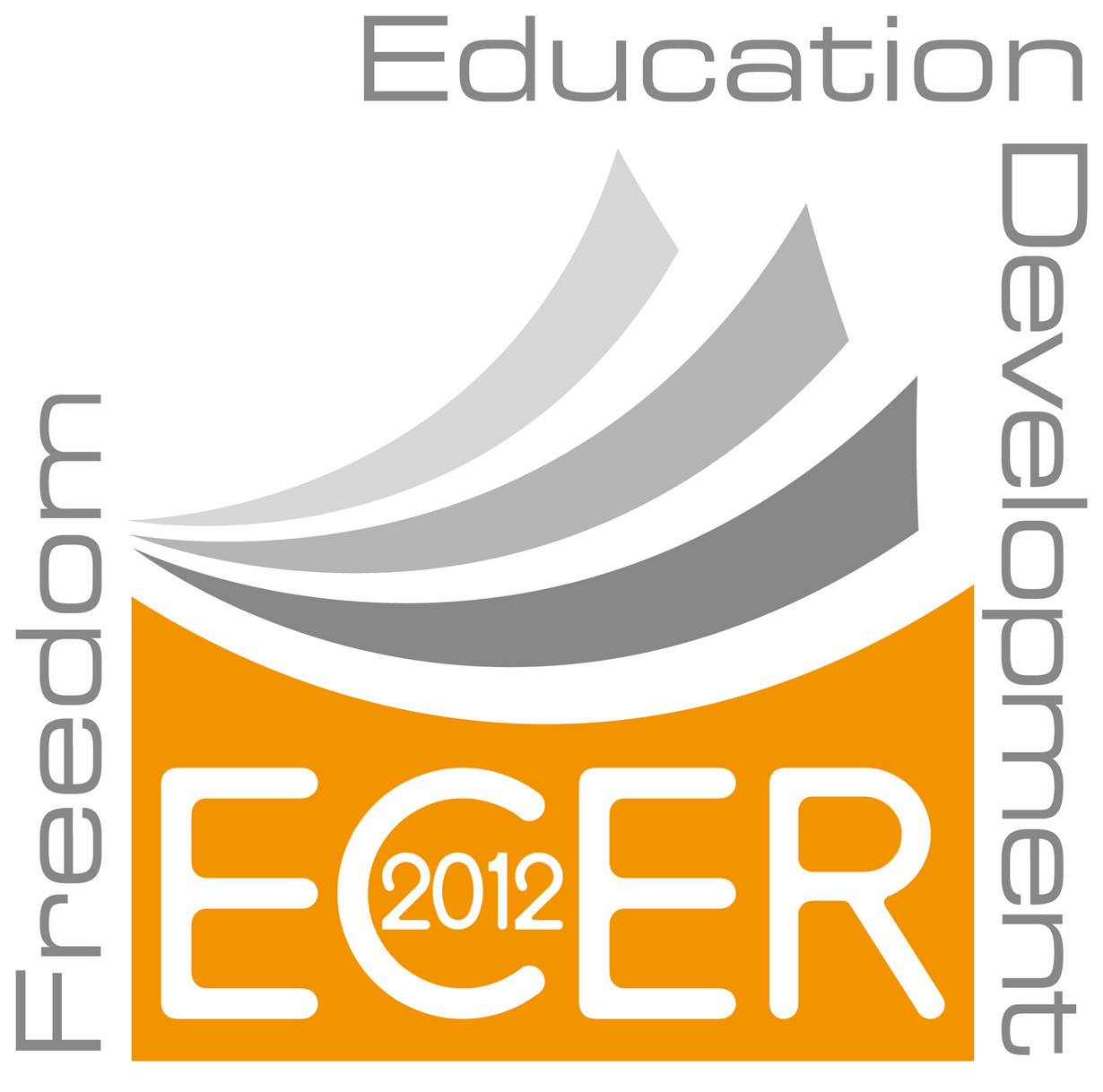Constitution, Education and Research
Chairperson: José Ignacio Navarro Guzmán, Director of Educational Psychology Research Group, UCA
Place: FM - Aula 1
Date/ Time: 20 September, 14:00 - 15:00
This year we celebrate the bicentenary of the enactment of the first Spanish Constitution. This enactment took place in Cadiz (Spain) on March 19, 1812 during the Spanish War of Independence, and was popularly known as “La Pepa” because it was enacted on St. Joseph’s Day. This event was of paramount importance, as it laid the foundations for the right to education for all, even at a ground level. The Spanish liberals of that time, aware of the importance of education, devoted the 9th Title of the Constitution of Cadiz to public education. This title, made up of only six articles, incorporates fundamental aspects that have had an important influence on successive constitutions and on the development of further education. Article 366 raised the obligation to set up primary schools in all villages of the monarchy "in which children were to be taught to read, write and count, and to learn the Catholic Catechism, which should include a statement of civil obligations." Article 368 stated that "The general plan of education shall be uniform throughout the kingdom, and the political Constitution of the Monarchy will be explained in all universities and literary institutions, where ecclesiastical and political sciences are taught." Article 371 pointed out that "All Spanish people have the freedom to write, print and publish their political views without the need for a license, review or approval prior to publication, under the constraints and responsibilities established by law."
The aim of this paper is to present the most important milestones of the different Spanish constitutions we have had in our history with regard to education and their impact on educational development over the last two centuries. We bring out the lights and shadows of the 8 constitutions and their views on education, and the social conflicts that have arisen from their promoters. Parallel to constitutional and educational development, we tackle the role that research has played throughout this process, especially since the second half of the twentieth century. We end our discussion highlighting educational policies of the past two decades, the development of educational research in our country, and the implementation and development of the Bologna process. Since ECER has chosen the city that gave birth to our first constitution as congress venue this year, we believe it is of great importance to highlight what Cadiz has meant to the development of education in Spain, as well as the most important events that have occurred from the first constitution to the implementation of the Bologna process in our present day.
Biographical Note

Fuensanta Hernandez Pina is professor of Research Methods and Assessment in Education at Universidad de Murcia, Spain and Head of Departament of Métodos de Investigación y Diagnótico en Educación (Research Methods and Assessment in Education), Universidad de Murcia, Spain.
(<link http: www.um.es depmide inicio bienvenida.html _blank external link in new>www.um.es/depmide/inicio/Bienvenida.html).
She doctorated from the Universidad de Valencia (Spain) in 1977 with the topic: Spanish Child Language Adquisition (published) - Teorías Psicosociolingüisticas y su
aplicación a la adquisición del español como lengua materna. Madrid: Siglo XXI
(1984).
1. Current Teaching Interests
Course, workshops and seminars on educational research, student assessment,
student learning in higher education, teaching in higher education, evaluation and
quality assurance.
2. Current Research Interest
Quality of teaching and learning in Higher Education, skills and competences, learning
style, approaches to learning and teaching, self-regulated learning, conception of
teaching and learning, institutional evaluation and innovative education in higher
education, and child language acquisition.
3. Publications
Over 100 publications including books, book chapters and articles related to language acquisition, approaches to learning, self-regulated learning, learning styles, assessment centres, programmes and learning, research methodology, data
analysis, quality, competences, EFQM model, etc.
Upcoming ECERs
26.08.2024 | ECER'24, Nicosia |
08.09.2025 | ECER'25, Belgrade |
17.08.2026 | ECER'26, Tampere |
